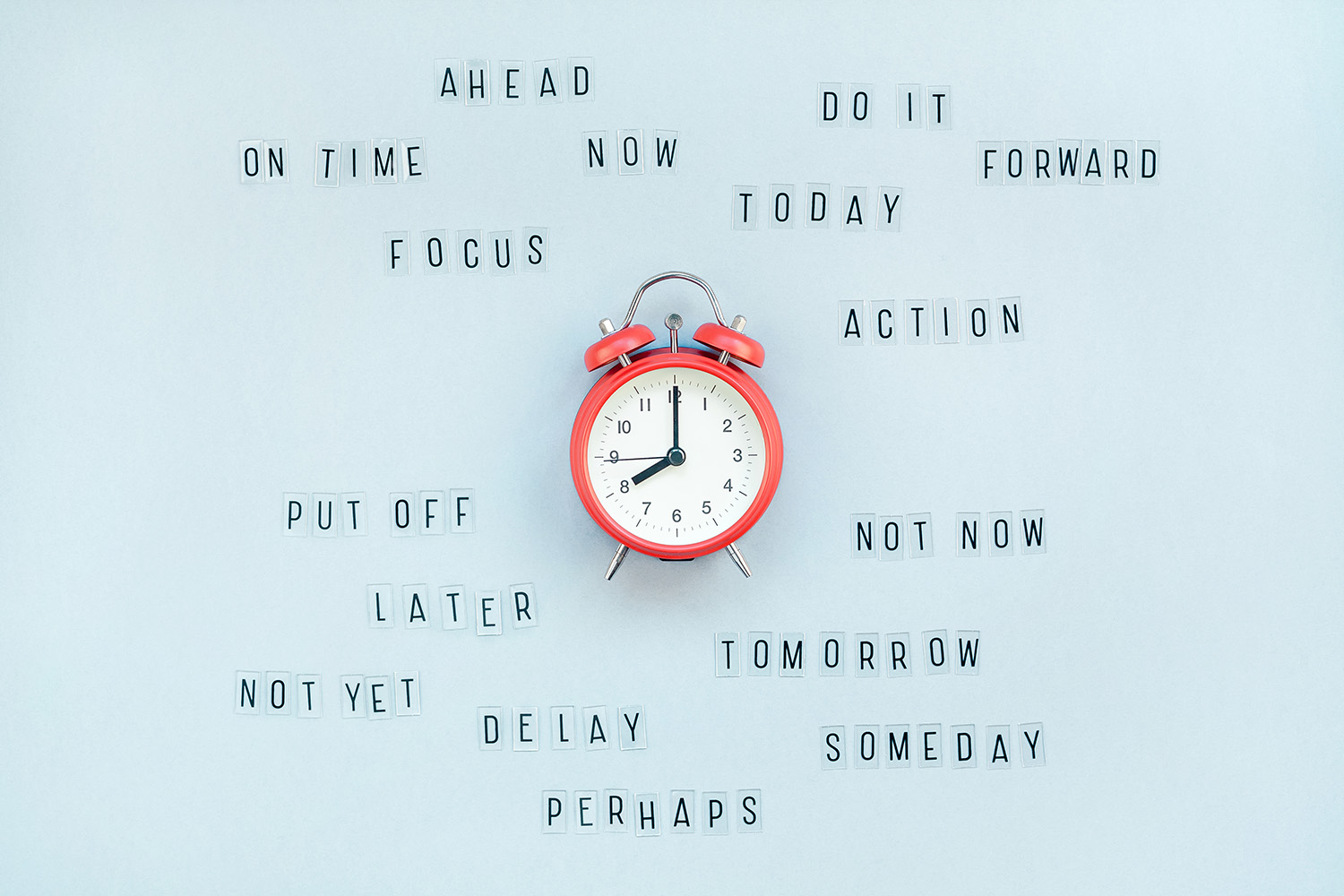The hospitality industry as a whole is understaffed while also experiencing upward trends in terms of business. Staff shortages among demand increases often mean current employees are working more than normal, many exceeding the traditional 40-hour work week. Even during times of full staff, the industry is fast-paced and often tiring.
For employee mental and physical health, prioritizing effective time management is key. Working adults balance job responsibilities along with personal and family obligations. Properly managing time means devoting the appropriate time and energy required to keep all areas of life thriving as best as possible. A few time management strategies can get you there.
Create a Time Management Plan
Expensive customer planners and mobile phone apps are all the rage when it comes to time management. However, planning doesn’t have to be expensive, time-consuming, or technology-based. For many hotel employees, a pen and paper are all that’s required. Create a schedule in some visual format, be it simply written in a notebook, built out in a calendar app, or otherwise. Start with a blank calendar for the month. If that seems overwhelming, only worry about tackling a week to start. On that calendar, first add all required commitments – including scheduled shifts at work, medical appointments, etc.
Once all commitments are clearly displayed, it’s much easier to identify time for other aspects of life. Self-care, social activities, and time with family are all important parts of life that should be prioritized and enjoyed. While these activities might not be “required,” adding them to the calendar makes it more likely that they won’t get pushed to the side during busy periods at work.
Avoid Procrastination when Possible
It’s often the case that when one aspect of life picks up in terms of time (and mental) commitment, other areas suffer. For hotel staff, increased demands at work are oftentimes the culprit. It’s logical that working more hours means fewer hours outside of work to enjoy other activities or handle personal responsibilities. During busy seasons, it’s important to use what time you do have outside of work effectively, avoiding procrastination in other areas.
Avoid skipping or rescheduling appointments and responsibilities if they don’t conflict with others. Often, acts like going to the doctor or doing housework are put on the back burner. However, avoiding these means even more limited time once they become a necessity and can have negative impacts on health and wellness also. Observe the times of the day that you are most productive, and try to schedule responsibilities during that time – allowing for rest in other times of the day that are more difficult to find motivation.
Refrain from (Excessive) Multi-Tasking
Asking a hotel employee not to multitask is unreasonable as most roles require it daily. From housekeeping to maintenance to management, the hotel industry is fast-paced and multifaceted. While sometimes it’s unavoidable, multi-tasking has proven time and time again to be an ineffective use of time overall. As humans, we function best focusing on one task at a time. In planning time in advance, hospitality staff can factor in time for each task or responsibility in life currently to avoid the multi-tasking that often comes with trying to check off multiple things at once.
Along with planning, the following tips can help avoid excessive multi-tasking:
- Prioritize the most important tasks, shifting less important ones around as needed to maintain focus.
- Build in opportunities to rest between activities.
- Set timers as needed and record when tasks take longer (or shorter) than the allotted time in your schedule. Factor those variances in when planning out future weeks.
Prioritize Health & Wellness
Poor time management often results in negative health implications, including fatigue and a weakened immune system. Reversely, prioritizing health can help hotel employees be better prepared to tackle the day and its responsibilities. It’s easy to forget about health when so many other areas of life require our attention.
However, planning time in your schedule to either strictly relax or partake in health-positive activities is an extremely valuable use of time. These activities include exercising, enjoying healthy food, and proactively visiting medical professionals. Limit screen time, nourish your body with nutrient-dense foods and beverages, and plan time to spend outdoors for fresh air and vitamin D. As much as possible, aim for at least 7 hours of sleep a night as well to give your body a chance to rest between days.
Find a Job with a Company that Values Employee Well-being
For hotel employees to successfully manage time effectively and remain healthy and happy, they need the support of their employers in many ways. Supportive organizations help with time management by scheduling employees far enough in advance for them to plan life’s activities accordingly. They also offer flexibility with the occasional adjustments in the schedule as things come up employees must handle.
Advanced scheduling and flexibility aren’t the only ways a hotel or extended stay accommodation can support their employees’ mental health and physical well-being. Clear communication plays a role, as does empathy and support in getting through difficult times. Especially within short-staffed hotel teams, leadership has to actively encourage, empower, and value the individual contributions of its team members.
We pride ourselves on continuously being the hospitality organization employees strive to work for. This translates to effective and ongoing training, opportunities for growth, and support for all contributors. To see what opportunities currently exist within our organization, check out our hotel job database!


